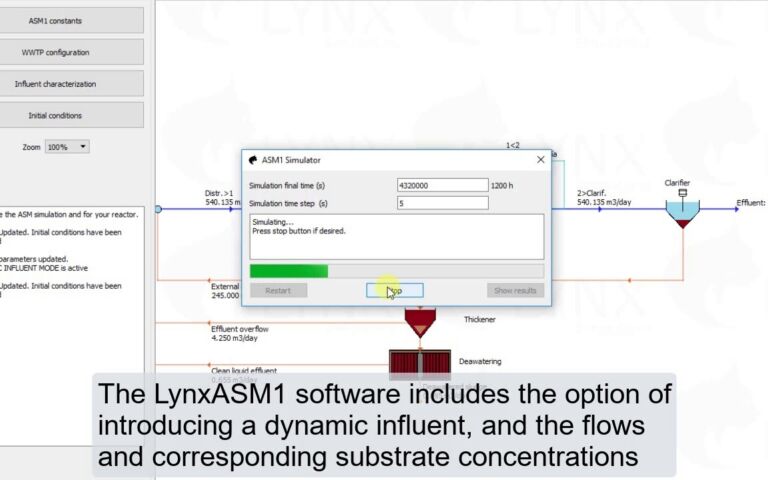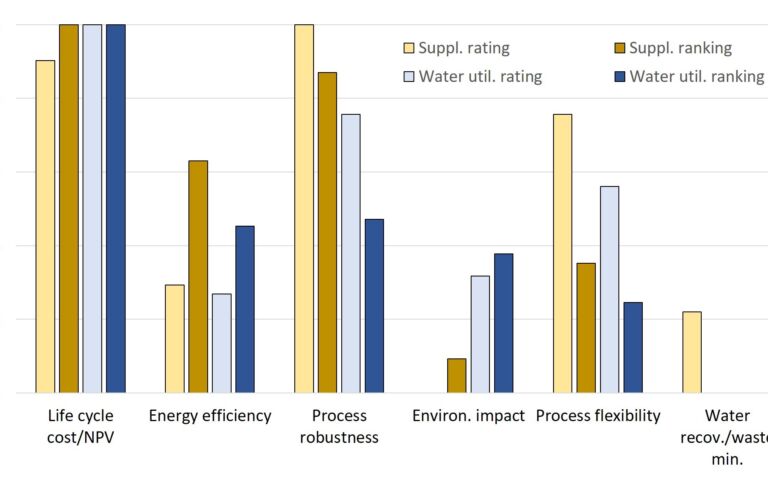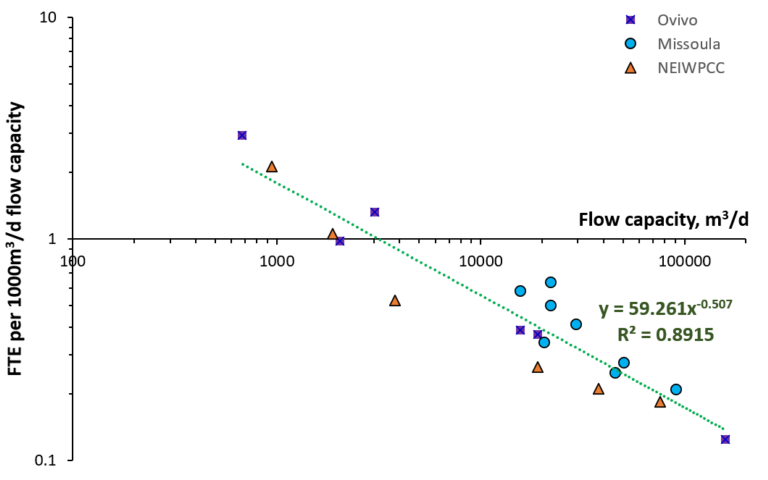The top 25 water industry leaders − fame at last?

Simon Judd has over 35 years’ post-doctorate experience in all aspects of water and wastewater treatment technology, both in academic and industrial R&D. He has (co-)authored six book titles and over 200 peer-reviewed publications in water and wastewater treatment.
There is, they say, nothing more flattering than being recognised by one’s peers. In my particular case, it is tinged with a deep sense of bewilderment.
You, dear reader, are right now reading the work of the 5th highest ranked leader within the international water industry, or so says Water and Wastewater International in their listing of The Top 25 Water Industry Leaders [link no longer active].
Apparently, it was decided by a committee who drew up the shortlist of 25, and then the WWi readership who determined the ranking. So, if anyone from the massed ranks of subscribers to WWi happen to (i) be reading this, and (ii) have voted for me − well, I’m truly touched.
The listing, if nothing else, provides firm proof of the totally arbitrary nature of such lists: if I truly were the 5th most important water industry leader globally then, rest assured, the industry would be in a pretty precarious state.
However, what’s personally interesting about this list is the high preponderance of membrane technologists. The truly awe-inspiring professors Miriam Balaban and Tony Fane, whose academic achievements completely eclipse my own, both make the top 15, along with Olivia Lum, CEO of Hyflux, and Andrew Benedek, founder of Zenon.
Only two slots behind Benedek, either ironically or coincidentally depending on one’s viewpoint, is the other great immersed hollow fibre MBR innovator, Kazuo Yamamoto. Indeed, of the 25 luminaries listed, around 15 of them relate to membrane technology, albeit with perhaps a greater focus on desalination than wastewater treatment.
It is perhaps this aspect of the list − limited though it may well be in both its scope and electorate − which is the most gratifying. Whilst membrane technology continues to be viewed by a significant minority as being overly expensive, operationally complex and generally risky, there can be little doubt that it forms a key part of future water management strategies globally.
Indeed, it is thanks to the efforts and innovations of many of the afore-mentioned that membrane technologies are meeting the various challenges and improving in robustness and cost effectiveness. So, one can read many positives into this list.
But then, you shouldn’t believe everything that you read (Number 5? really?).








